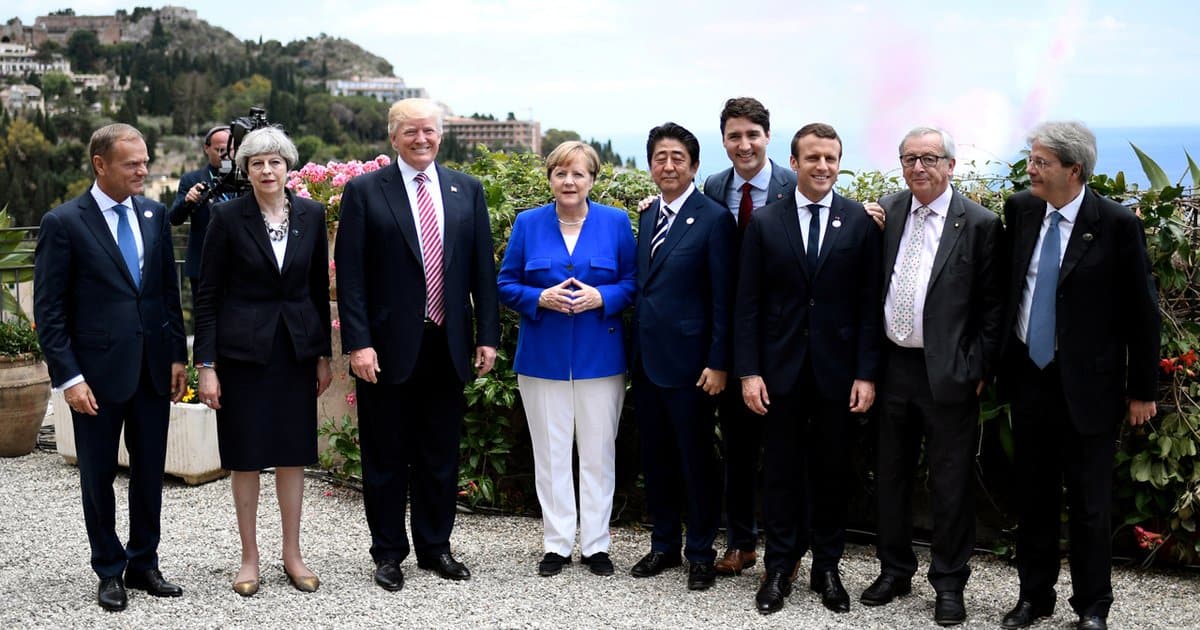Join Our Telegram channel to stay up to date on breaking news coverage
Olag Scholz, the Finance Minister of German, is a man that has taken a very hardline stance against Libra, the crypto project of Facebook, for some time now.
Recently, Scholz had taken part in yet another meeting between the G7 countries, where they partly discussed crypto regulations. There, Scholz doubled down on his anti-Libra narrative, claiming the currency was a “wolf in sheep’s clothing.”
Agreeing To Regulations Of Crypto Being Paramount
While Scholz and his anti-Libra arguments are nothing new, there was merit in the G7 meeting: The central banks of the UK, US, Japan, Francy, Italy, Germany, and Canada all agree about one thing: The need to regulate digital assets.
The latest coverage when it comes to the global regulation of cryptocurrencies made it clear that the G7 nations’ central bankers and finance officials are all in agreement with their desire to regulate crypto. The US Treasury Department said as much after the virtual meeting, revealing in a statement that the G7 is showing “strong support” when it comes to the need for crypto regulation at large.
Ceasing All The Opportunities
The G7 held unanimous agreement for crypto regulation, primarily thanks to the crypto space gaining popularity to such a degree. With proper regulations in place, the illegal activities done through crypto could be curbed, as well.
The discussions themselves cited various “ongoing responses” to the crypto space. In the discussions, the crypto landscape was described as ever-evolving, including that of the national authorities’ various efforts in preventing their use for malicious, illegal activities.
Of course, when the prospect of crypto regulation came to bear, Scholz took the chance to criticize Libra, something he’s been against since its announcement. Libra has been having quite a time in trying to legitimize itself in the eyes of regulators and central banks, who are none too keen for a private company to hold significant financial power.
As it stands now, Libra was forced to rename itself to Diem to try and distance itself from the massive backlash, but Scholz has yet to let up, and is predictably against launching Diem in Europe, let alone Germany.
Agreement On Finance And its Future
In a public statement, he reaffirmed his commitment to keeping Diem out of Europe and German at large, stating that currency monopoly must remain in the hands of the state. Regardless of an individual’s personal views about it, the man is in a position to make Libra’s push into Europe a very uncomfortable experience.
Some productive things did occur in the meeting, however: The G7 all agreed that digital finance is the future, and had mutually agreed to support digital payments, as a result. The US Treasury, in particular, highlighted how digital payments could see to easing the problems faced when using traditional payment systems by lowering costs and reducing inefficiencies.
Join Our Telegram channel to stay up to date on breaking news coverage


